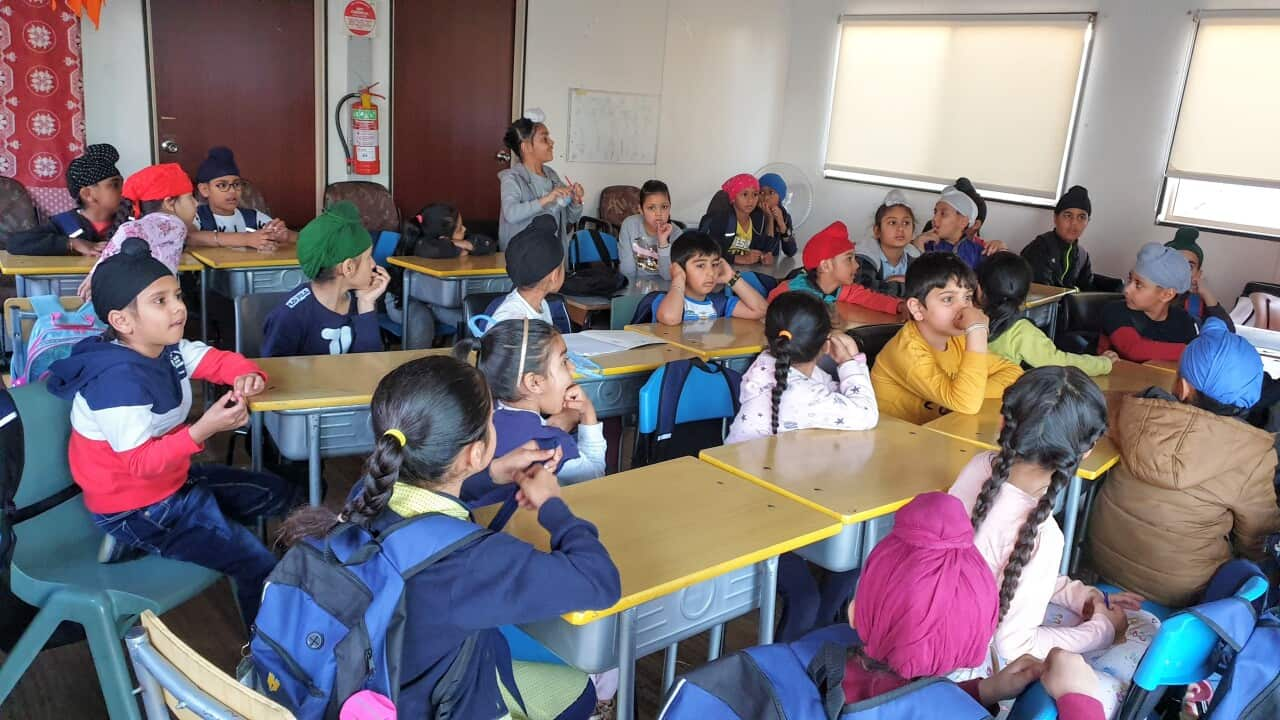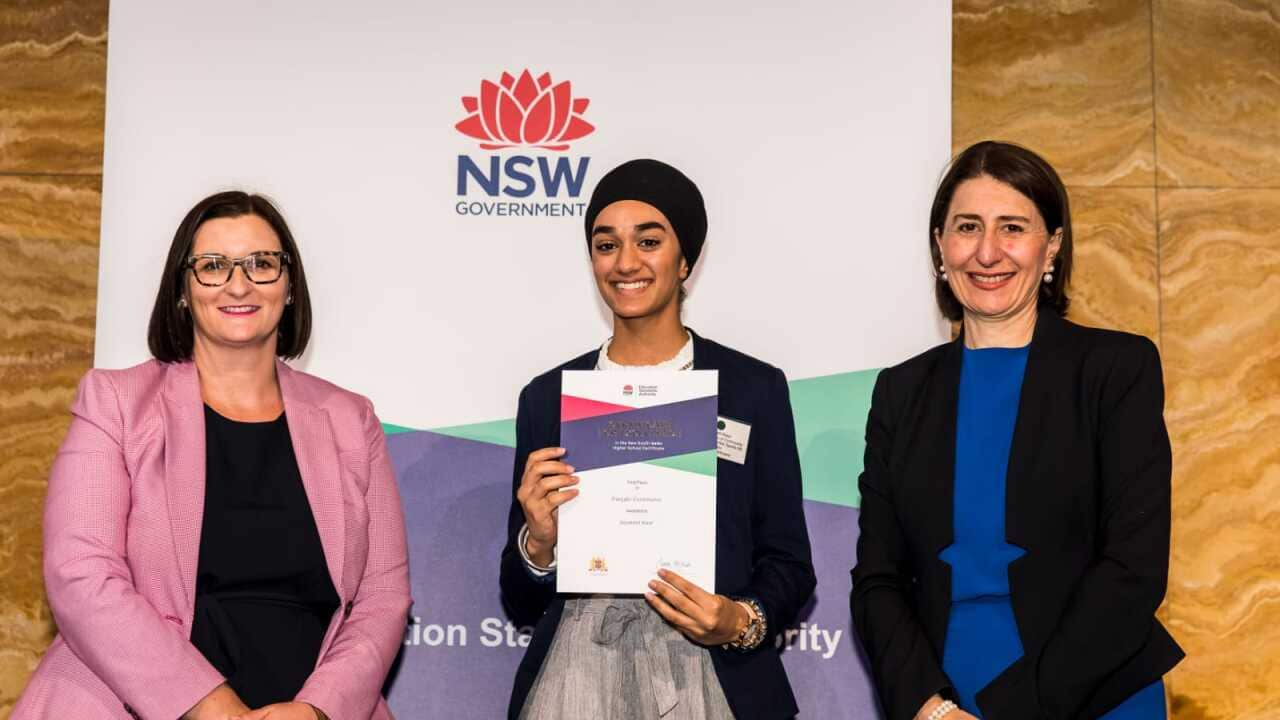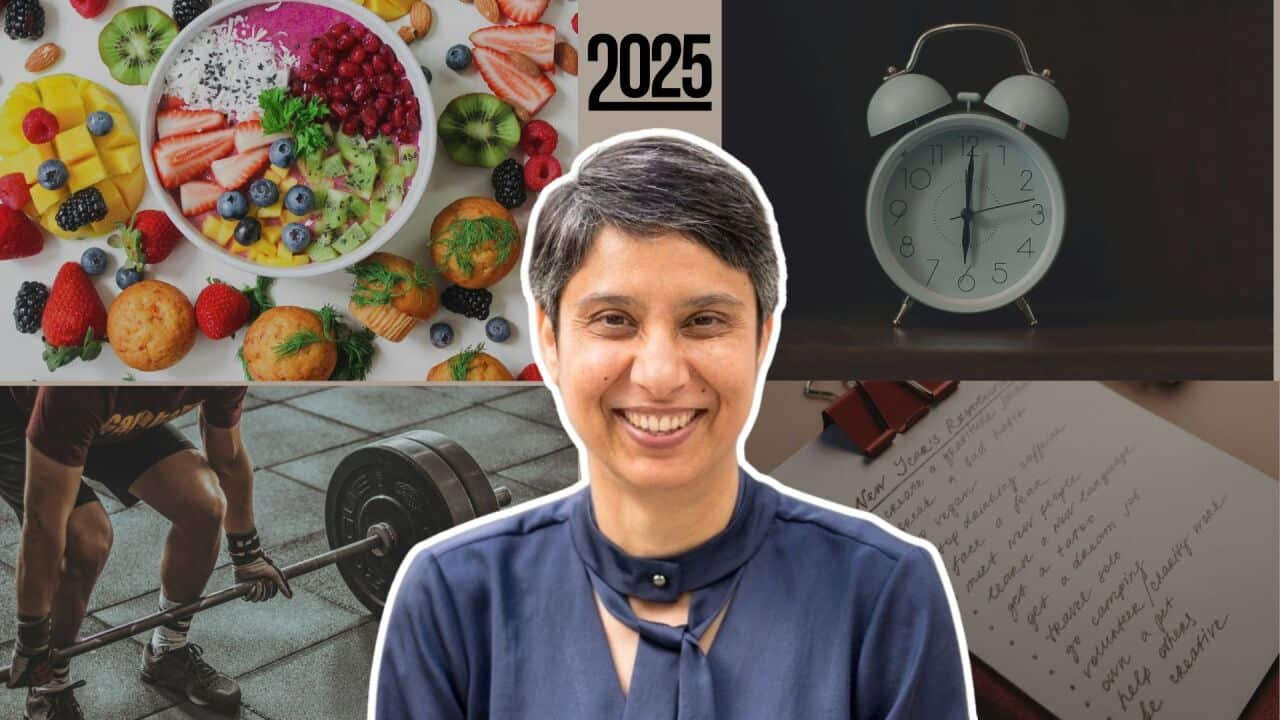Highlights
- Covid-19 shutdown forces community schools to switch to online classes
- Punjabi schools in Sydney are using the new technology to ensure continuity of learning
- "We need the cooperation of both students and their parents to ensure successful online teaching," says Rita Kumari
The ongoing health crisis has forced schools across the country to make the transition to an online format to ensure continuity of learning for their students.
It may seem like a mini-vacation to some students, but for the education providers, the workload has just got a bit harder, more so for community schools says Sukhraj Singh Sandhu, the director of education of the Australian Sikh Association that operates the Guru Nanak Public School in Glenwood in northwestern Sydney.
"COVID-19 shutdown has challenged us to think out of the box and to consider providing online Punjabi classes just like the other schools and universities," says Mr Sandhu.
He adds that the measures taken in the wake of social-distancing restrictions would solve two purposes.
"While it will allow us to reach out to students who can’t attend normal classes. At the same time, we can also save and reuse the resources for the future as it requires lesser printing of the study material,’ he adds. Mr Sandhu says the decision was taken after a series of meetings with all stakeholders involved to ensure students continue to learn their mother tongue despite disruptions to the in-classroom teaching methods.
Mr Sandhu says the decision was taken after a series of meetings with all stakeholders involved to ensure students continue to learn their mother tongue despite disruptions to the in-classroom teaching methods.

Classroom teaching to online Source: SBS Punjabi
"We considered many options, discussed with the community members and other specialists, weighed pros and cons and finally decided to go with Google Classroom app."
"Google Classroom is not free to use for government-aided organisations like us. So we had to persuade Google Classroom to provide its services for free and they finally agreed," claims Mr Sandhu.
The Guru Nanak Public School which currently has 500 students is a community language school located within the Glenwood Gurudwara premises.
Gurinder Singh, a volunteer who is helping the school with the technical side of things says Google Classroom is a "viable app" that will allow the school to streamline the teaching process.
"With the help of the app, we will be able to consolidate and save all our resources in one place and share these in the coming years. The videos can be uploaded on YouTube and shared immediately," says Mr Singh.
Explaining the method, he says the app will allow teachers to log in from their homes and upload a worksheet for the students who can then download the same and submit their answers using the same technology.
"We are doing our best to continue teaching Punjabi by going online and now are looking forward to the support from the parents who will need to provide an appropriate environment to their children taking up these online classes from their homes," he says. Rita Kumari, the principal of another Punjabi school in Revesby in southwest Sydney says while online teaching is the "new normal," it, however, cannot be successful without the cooperation of the parents.
Rita Kumari, the principal of another Punjabi school in Revesby in southwest Sydney says while online teaching is the "new normal," it, however, cannot be successful without the cooperation of the parents.

Parents will need to provide the requisite environment to their children. Source: SBS Punjabi
"We expect the parents to support our efforts and provide all the requisites especially to the young ones who may find it a bit challenging to learn online in the beginning," says Ms Kumari.
She says the school will be using the Zoom conferencing app to train the teachers who will then impart digital lessons to the students.
"We are going to use Zoom conferencing app that provides free 40-minute sessions. We are in the process of training our teachers right now. The same will be extended to the students in coming weeks so that they understand the difference between online vs classroom teaching," she adds.

Revesby Punjabi School is committed to teach Punjabi online. Source: SBS Punjabi
Click on the player above to listen to the interviews in Punjabi.
Coronavirus symptoms can range from mild illness to pneumonia, according to the Federal Government's website. Symptoms can include a fever, coughing, sore throat, fatigue and shortness of breath.
If you develop symptoms within 14 days of returning from overseas, you should call to seek medical attention.
If you don’t have symptoms but you have been in contact with a confirmed COVID-19 case, you should also call to seek medical attention.
If you believe you may need to get tested, call your doctor, don’t visit. Or contact the national Coronavirus Health Information Hotline on 1800 020 080.
If you are struggling to breathe or experiencing a medical emergency, call 000.










